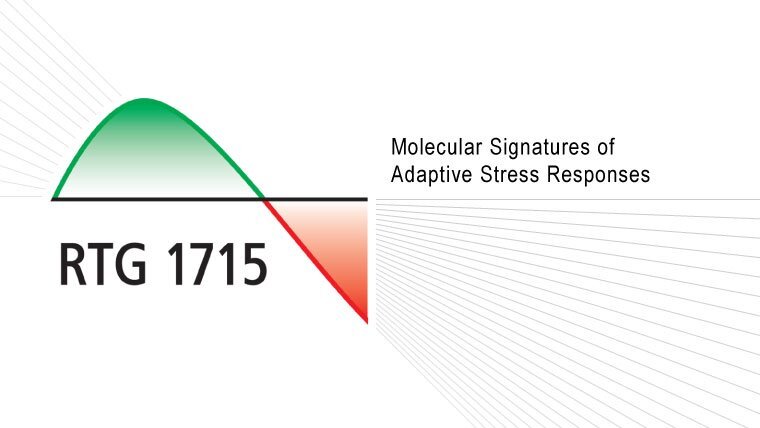
"All things are poison and nothing is without poison, only the dose permits something not to be
poisonous"
This famous dictum of Paracelsus is of formidable relevance in modern medicine and biology. Organisms are perpetually facing noxious insults but exhibit surprising diverse reaction patterns. Depending on the strength, frequency, and quality of the stress stimuli biological systems may react with increased vitality, future stress resistance, or with injury and degeneration. Whereas a multitude of such specific stress responses has been observed in diverse biological systems, the underlying molecular mechanisms are mainly unknown.
Our Research Training Group (RTG) aims to explore specific signalling reactions controlling these ambivalent reaction patterns of cells and organisms to noxious effects. The adaptive responses of signalling networks to defined stress stimuli are investigated in a time- and dose-resolved manner using cellular and organismic models. The results are expected to significantly advance the understanding of the molecular signatures of stress responses and may also promote ongoing efforts for the effective use of the organism's preventive and regenerative potentials in modern medicine.
Joining research groups of the Medical Faculty and the Faculty of Biology and Pharmacy of the Friedrich Schiller University (FSU) Jena and of the Leibniz Institute for Age Research (FLI), the RTG fosters cross-disciplinary PhD research projects in this innovative field of life sciences.
The study programme of the RTG offers a multifaceted agenda of lectures, meetings, seminars, workshops, and placements in laboratories of international cooperation partners of the project leaders. The Jena Graduate School Molecular Medicine (JSMM), a certified member of the FSU Jena Graduate Academy (GA), supervises all of these elements of a structured graduate programme.



